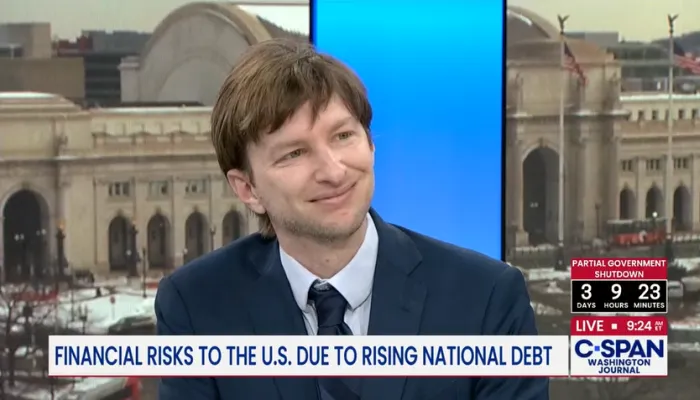CBO: Federal Government Will Hit Debt Limit in February or March
With all the attention on the fiscal cliff looming only weeks away, the fact that the federal government will hit the debt ceiling in the next few months appears to be on the back burner. At the same time, it's hovering over current negotiations, which is why some lawmakers, including Senate Majority Leader Harry Reid (D-NV), would like to see the issue resolved at the same time as a cliff deal.
Given the uncertainty about the timing of the debt ceiling, CBO has released a timely report estimating when we might reach the debt ceiling. They cite Treasury's estimate that it will happen in late December, but also note that Treasury should be able to hold off until mid-February to early March using extraordinary measures described in the report. These measures would give lawmakers three months at most to negotiate raising the debt ceiling by drawing from:
- The Thrift Savings Plan G Fund ($154 billion)
- The Exchange Stabilization Fund ($23 billion)
- The Civil Service Retirement and Disability Fund and the Postal Service Retiree Health Benefits Fund ($17 billion)
- The suspension of issuances of State and Local Government Series securities ($3 to $12 billion)
- The issuance of debt not subject to the limit ($8 billion)
A detailed explanation of these maneuvers can also be found in a CRFB paper from July of last year.
CBO's report also shows the issues that would be involved the closer we get to the limit. They lay out the frequency and size of bond issuances, the time of the month when major federal payments are made, and the dates when major cash inflows and outflows happen. These issues may seem technical, but can be very important if we get as close to the deadline as we did in August 2011.
We discussed in an in-depth analysis the history of the debt ceiling and the issues around raising it (or not). That analysis stated that hitting the debt ceiling would be extremely harmful to our economy and would be unprecedented in the 95-year existence of the limit. It would likely permanently raise borrowing costs for the federal government and require an immediate decrease in spending. CBO notes that failing to raise the debt limit would ultimately force the government to restrict or delay its payments or possibly default on the debt. With a number of large Social Security and Medicare payments scheduled to go out in early March, that may be very disruptive for millions of people. Obviously, exceeding the debt limit for even a short period would be very harmful.


